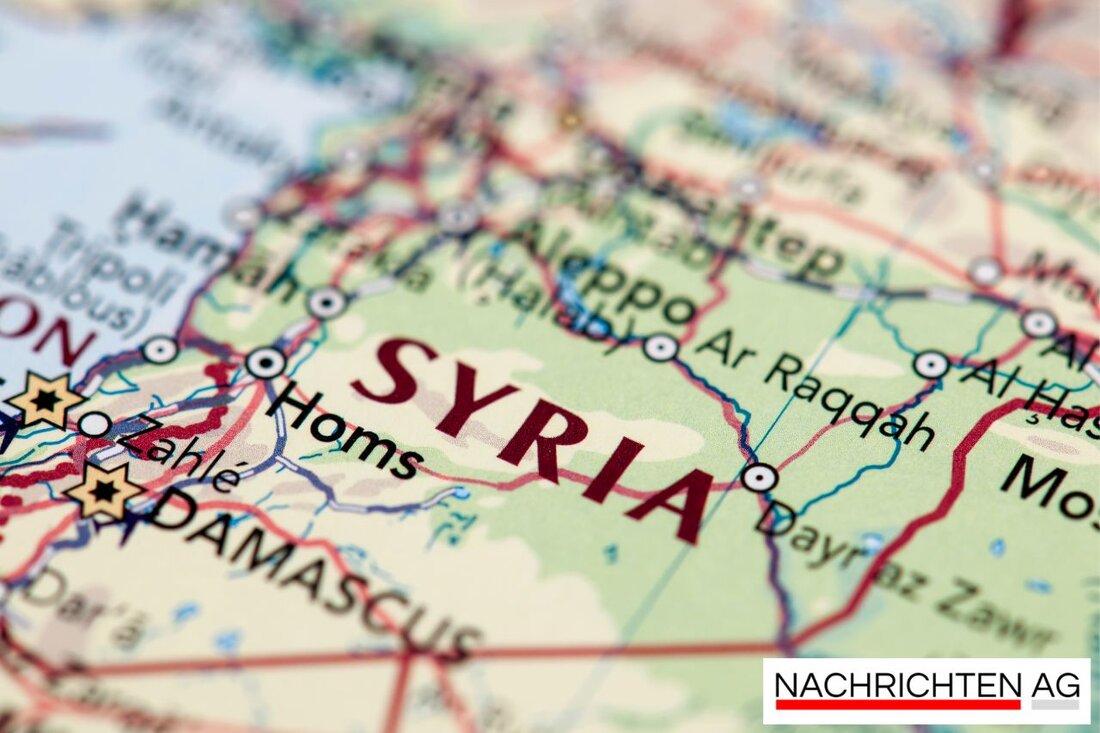Culture bridge in Hagenow: Key to integrate migrants!
Culture bridge in Hagenow: Key to integrate migrants!
In Hagenow, a remarkable center has established itself in the past twelve months: the cultural bridge. This international meeting center is a real point of contact for migrants from different countries, especially from Syria and Ukraine. It offers everything from advice to an open café to voluntary homework for the children of asylum seekers and a variety of courses and events. According to Nordkurier , the head of the cultural bridge, Katja Huenges, shows that many migrants are often not recognized in this country.
Political support receives the center from the left politicians who are committed to the social importance of the project. In particular, Heike Scholz, deputy of the district, emphasizes the growing need for specialists in areas such as schools and health care. In order to be able to work as a career changer in the German labor market, migrants have to complete a C1 language course-a large hurdle run, as Scholz critically notes. In their view, the requirements are often exaggerated. Instead, she suggests using migrants in her familiar professional fields to improve language skills more efficiently.
hurdles for integration
However, the integration of refugees is extremely challenging. Germany is not only confronted with a shortage of skilled workers, but many refugees also have difficulty entering the labor market. Several factors play a role in this, such as Mittelrhein-Tageblatt . Language barriers, bureaucratic hurdles and the lengthy recognition of foreign degrees are all factors that make it extremely difficult to start the labor market. Migrants often have to wait for a place in a language course for months because the waiting times for integration courses are considerable.
A total of around 50 % of refugee people in Germany have been able to find employment since 2015, but many of them work under their qualification level. The recognition of the degrees is usually a lengthy process that can take years. These bureaucratic hurdles ensure that practical auxiliary jobs often remain the only option.
drive the change
In order to counteract these challenges, it is quickly necessary to implement solutions: the introduction of flexible language courses and digital offers as well as the simplification of the recognition procedures and the work permits are essential. The implementation of mentoring programs could also help to make practical integration faster and more smoothly.
The MPs Ina Latendorf and Steffi Pulz-Debler recognize the urgency of these topics. Latendorf demands more opportunities for encounters between foreigners and Germans to promote dialogue. Pulz-Debler, on the other hand, points out that not all Germans are interested in intercultural exchange, and emphasizes how important it is to introduce migrants to the German way of life through schools, sports clubs and cultural institutions.
Overall, it turns out: With an open look and innovative approaches, the way for a successful integration of migrants into society and the labor market can be pave. The cultural bridge in Hagenow could play a pioneering role here.
| Details | |
|---|---|
| Ort | Hagenow, Deutschland |
| Quellen | |


Kommentare (0)